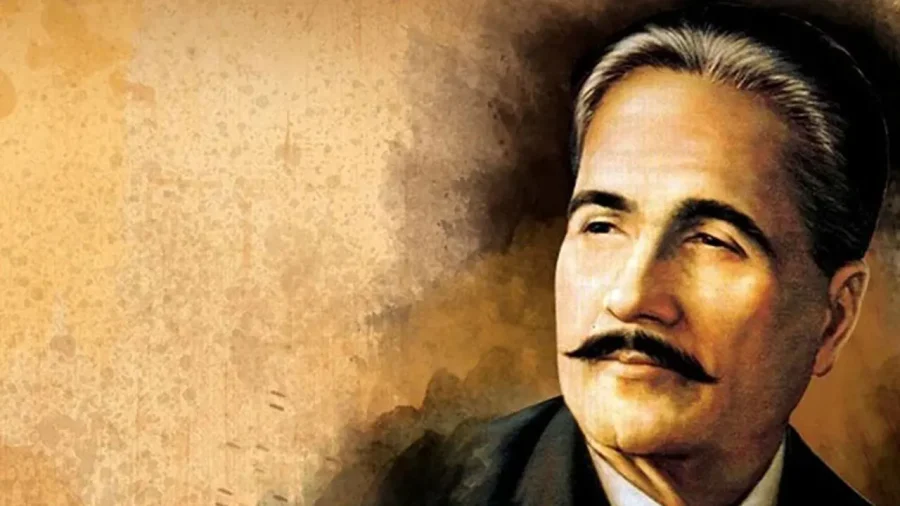Indian authorities are mulling excluding a chapter on Pakistan’s national poet Muhammad Iqbal, popularly known as Allama Iqbal, from the syllabus of the bachelor’s sixth year, NDTV reported Saturday.
The publication stated that the Academic Council of Delhi University has passed a motion to drop the chapter, which is part of the political science books.
The history-phobic and anti-Pakistan approach has been welcomed by a right-wing student body.
“Delhi University academic council decided to scrap fanatic theological scholar Mohmmad Iqbal from DU’s (Delhi University) political science syl-labus. It was previously included in BA’s sixth-semester paper titled ‘Modern Indian political thought,” the Rashtriya Swayamsevak Sangh-affiliated Akhil Bharatiya Vidyarthi Parishad (ABVP) said in a statement.
“Mohammad Iqbal is called the ‘philosophical father of Pakistan’. He was the key player in estab-lishing Jinnah as a leader in Muslim League. Mohammad Iqbal is as responsible for India’s parti-tion as Mohammad Ali Jinnah is,” it added.
As per the report, the chapter on Allama Iqbal titled “Modern Indian Political Thought” is part of BA’s sixth-semester paper. The publication cited the officials as saying that the Executive Council of the university will make the final call about scraping the chapter.
“Iqbal: Community” is a unit that is part of the said chapter among other units, with the objective to study important themes through individual thinkers. “The course has been designed to give students a glimpse into the richness and diversity within the Indian political thought,” the syllabus mentions.
It may be noted that “Saare Jahan se Accha” is one of the iconic pieces of patriotic poetry by Allama Iqbal and India has kept the song very dear as its main verse involves praise to the country. The song was written during the start of the 20th century in pre-partition India as an ode to Hindustan — present day Pakistan, India and Bangladesh.
However, Allama Iqbal was given the title of Pakistan’s national poet as he gave birth to the idea of a separate homeland for Muslims, which was later named Pakistan.—Agencies










